The original name of Liang Shanding (1914-1995) was Liang Menggeng 梁夢庚; he also used the name Liang Yongshi梁詠時. Pennames included Shan Ding山丁, Liang Qian 梁倩and Jing Ren菁人. He was born in Kaiyuan 開源, Fengtian 奉天 province (present-day Liaoning). He published in the literary supplement Ye Shao 夜哨 (Night whistle) in Xinjing’s Datong bao大同报 (Great unity herald) and in the Qingnian Wenhua青年文化 (Youth culture) supplement for the Datong julebu 大同俱樂部 (Great unity club) and in supplements in Harbin’s Guoji xiebao國際協報 (International association report): Guoji julebu國際俱樂部(International club) and Wenyi文藝 (Literature and art) .
In the Da Bei Wenyi大北文藝 (Great North Literature and Art) supplement of the Da Bei Xin Bao大北新报 (Great north new report) Shan Ding published novels such as Xiangchou 鄉愁 (Homesickness), Shan Feng 山風 (Mountain Breeze) and Chou Wu Zhong臭霧中 (In the smelly mist); the important essay Xiangtu yu Xiangtu Wenxue鄉土與鄉土文學 (Native-land and Native-land literature); two collections of short stories Shan Feng山風 (Mountain breeze) (June 1940) and Xiangchou 鄉愁(Homesickness) (May 1944); and the novel Lűse de gu 綠色的谷 (The green valley) (March 1943).
With the penname of Liang Qian, he published Chou Wu Zhong臭霧中 (In the smelly mist) in three installments in November 1933, in Night Whistle of the Great Unity Herald. The Night Whistle began publication on 6 August 1933 and was forced to cease publication on 24 December 1933. The Night Whistle featured works that critiqued class, exploitation, and negative characters.
Liu Yangyang刘洋洋 has compared two versions of the story “In the Smelly Mist,” 1933 and 1940, to demonstrate the extent of revisions required in publication as censorship grew heavier. The story is about two protagonists, an elderly man and a young girl. Both die in the story.
In the 1933 version of the story, Qinzi’s mother was raped to death…
琴子的妈被人奸死了…
However, in 1940, when the story was published in the collection Mountain Breeze, the sentence was altered to: Qinzi’s father angrily ran to an unknown place in the mountains…
琴子的爹气愤地跑到山里的不知名的什么地方去了…
Words such as “garrison” 駐兵 and “bandit group” 匪群 in the original were also omitted in the 1940 version. The young woman’s mother was raped to death by members of a garrison and the father had fled to join a bandit group. Neither were acceptable to censors in 1940 Manchukuo.
In 1943, Liang fled to Beijing because of persecution for his novel Lűse de gu 綠色的谷(The green valley). In the 1950s and 1960s, he was persecuted for his Manchukuo career. In the 1980s, he was a prominent promoter of Manchukuo literature.
For further information, see:
Liu Yangyang伪满洲国文化政策对东北作家作品的影响 (The influence of Bogus Manzhouguo’s cultural policies on Northeast writers’ publications) , Qingnian wenxuejia (Young writers) 2017, issue 24. https://m.fx361.com/news/2017/0822/2181232.html. Accessed 15 November 2021.
Translated by Norman Smith.
Bibliography
Examples of Writing
Image Gallery
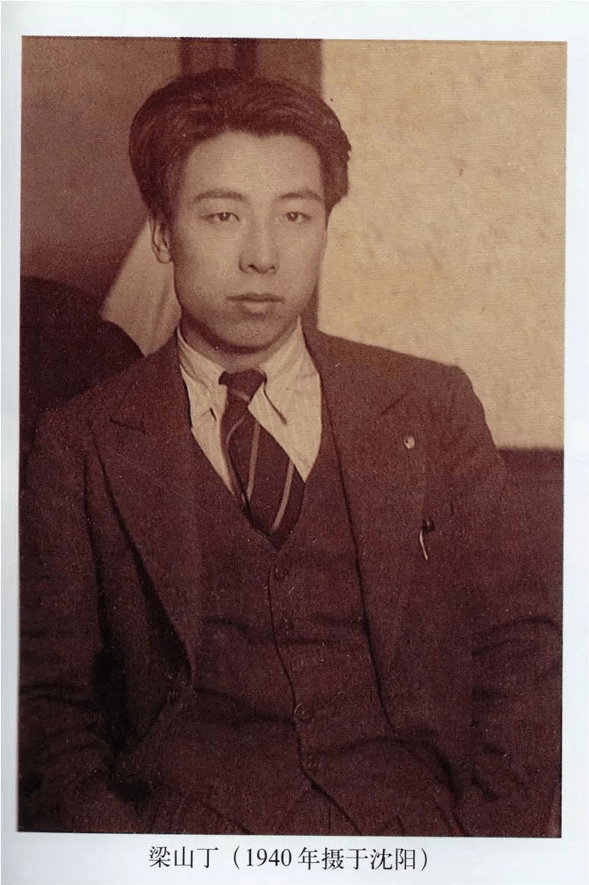
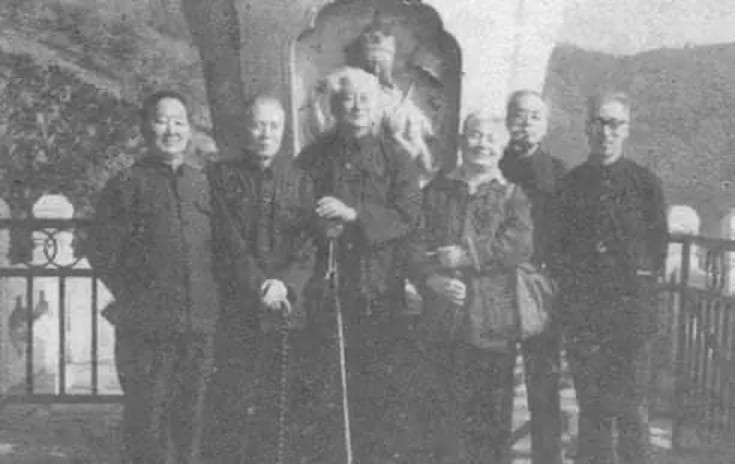
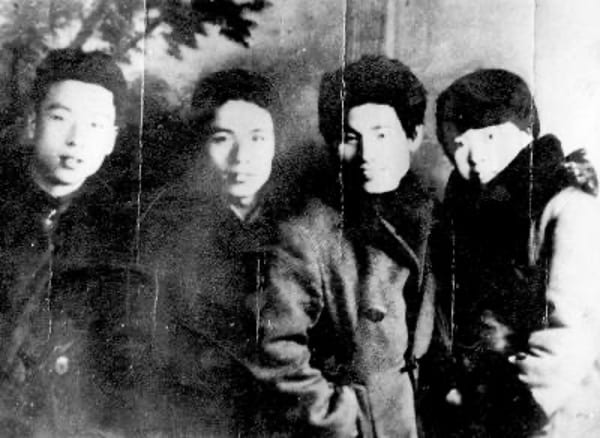
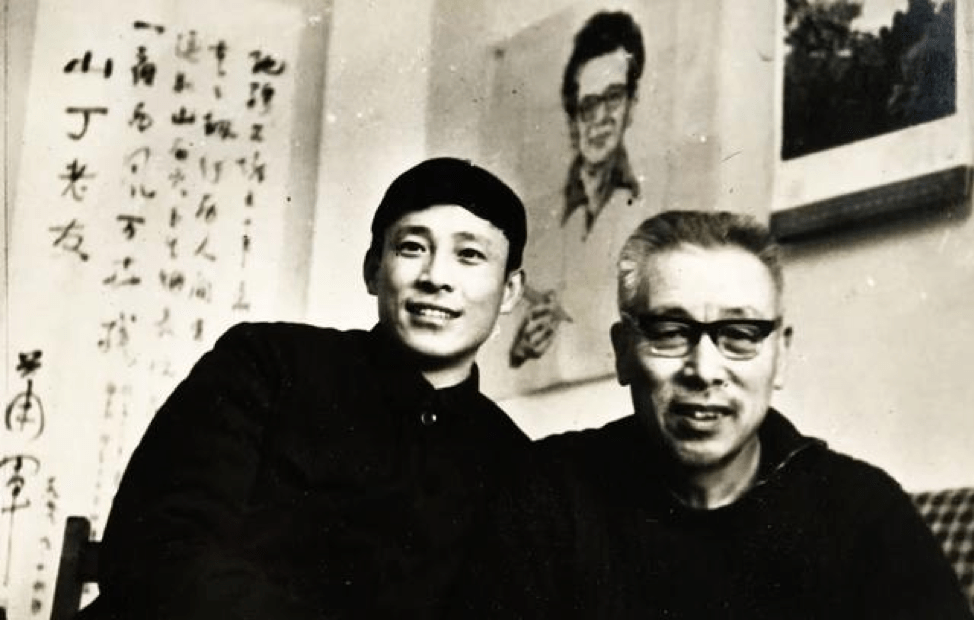
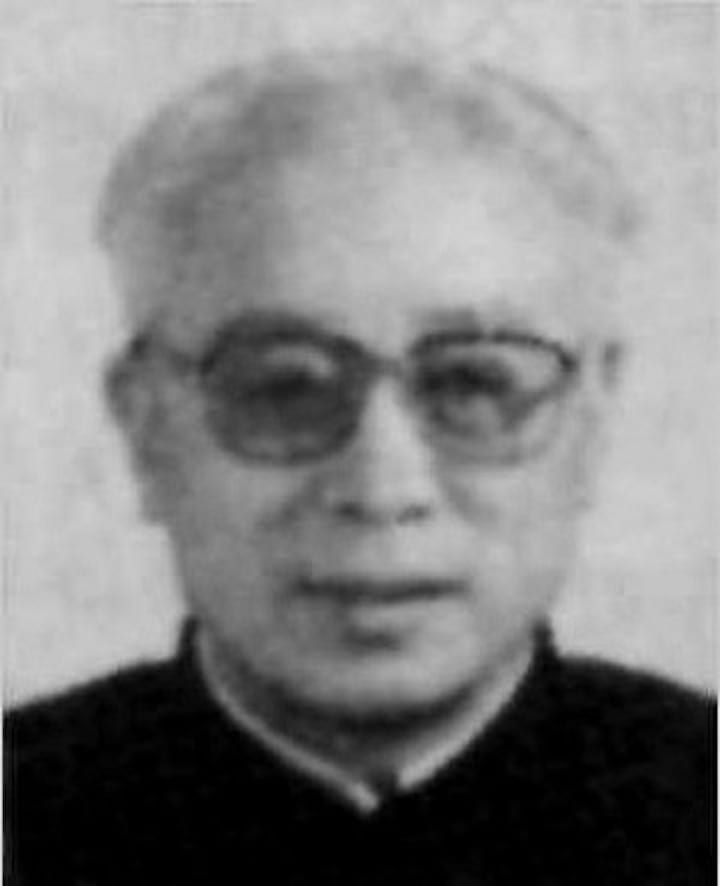
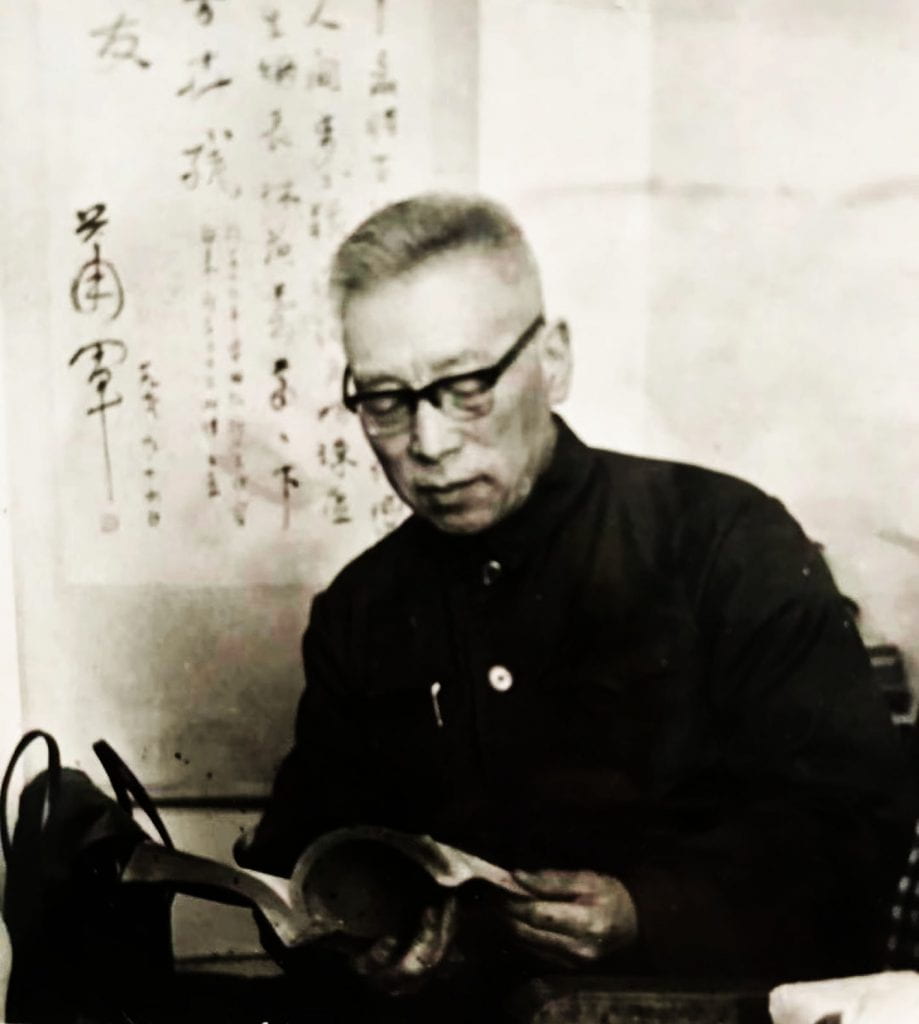





Cited in Mei Ding’e 梅定娥, 大内隆雄的翻译 (Translation of Takao Ouchi). 野望文存; Originally published in 外国文学评论 (Foreign Literature Review) 1 (2013).
Located at: https://arts.yiewan.com/news-id-32432.html



